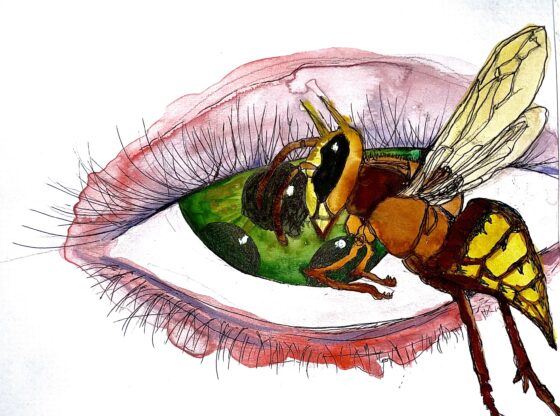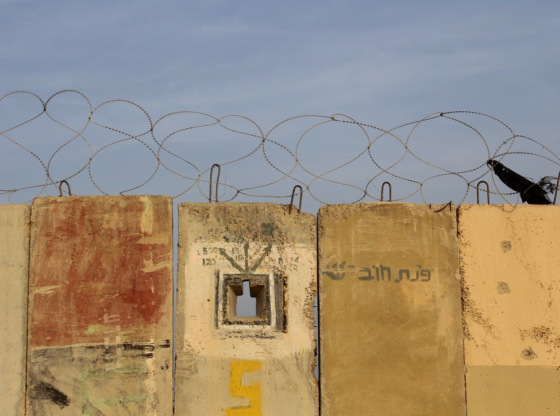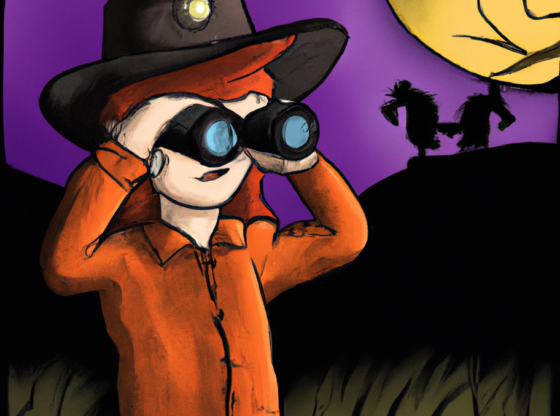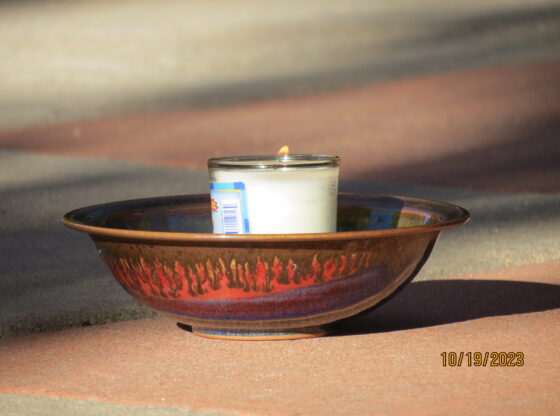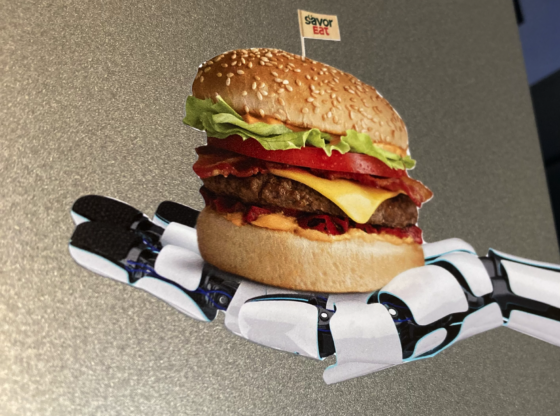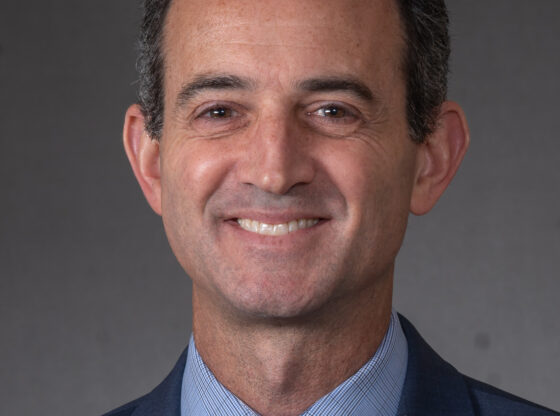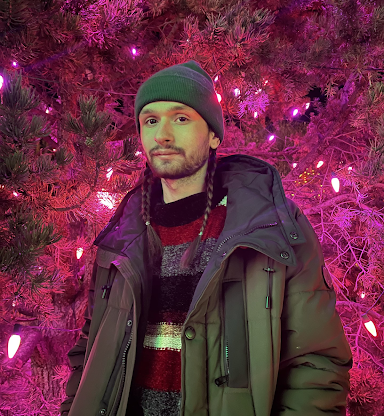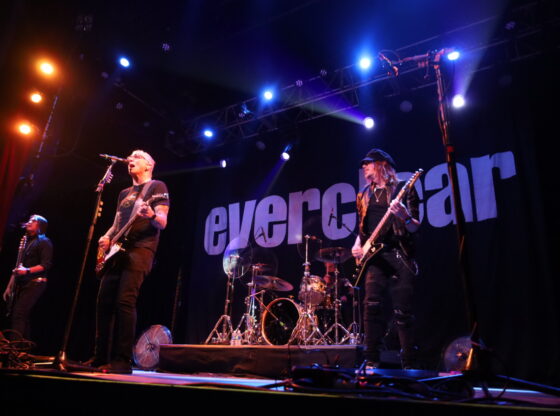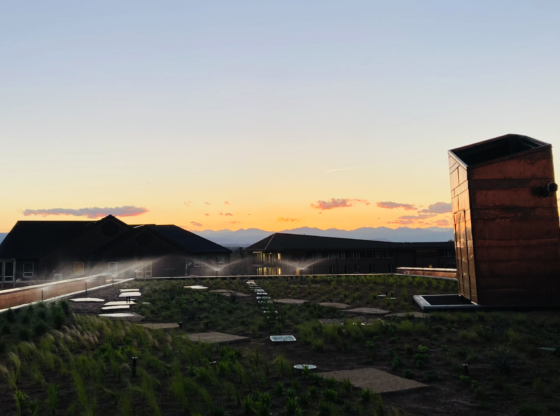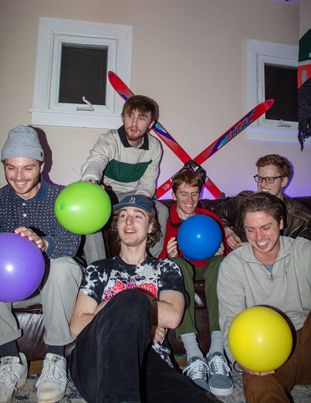Q&A: Romi Kristl talks snowboarding, school, future plans

Romi Kristl is not your average college student. Since he started studying at DU three years ago, the 21-year-old snowboarder from Monterey, California has been taking winter quarters off to pursue a career in professional snowboarding. He gets about 100 days on snow every season while chasing his dream, and it’s safe to say he’s pulling it off with excellence.
Romi’s dad was an Olympic whitewater kayaker, his mom was a nationally-ranked swimmer and water polo player and his two older brothers, Sean and Jakub, were always pushing him to do crazy stuff on skateboards and surfboards as kids. So while his individual success has taken him far, it’s something that was almost destined to happen as a Kristl. Things really picked up for him, though, when Sean, who’s 10 years older than Romi, started working as a marketing manager at Squaw Valley Ski Resort in Olympic Valley, California and asked Romi to live with him to fully pursue snowboarding and take high school classes online. Without thinking twice, Romi, who was only 16, moved in with Sean and everything took off within a couple of years. He got sponsored by Squaw Valley, met snowboarding legends and mentors, Jeremy Jones and Jim Zellers, and the rest was history.
Although Romi is still gunning to be one of the best snowboarders in the world and hoping to make it onto the Freeride World Tour, he’s still managing to pursue a degree in international business at DU with a minor in mathematics, staying on schedule by stacking up his classes in the fall and spring quarters (he’s tackling 20 credits right now) and taking summer classes in California during the summer. He calls himself a “soft-junior,” hoping to graduate in the spring of 2017. The Clarion caught up with Romi to see how on earth he manages to pull all of this off, what it’s like being immersed in such a dangerous sport and what his plans look like after DU.
How did you end up going to DU?
I chose DU because they actually gave me a pretty decent academic scholarship, the Dean’s Scholarship. So I was pretty excited about that and wound up taking the offer. And, I mean, DU’s proximity to the mountains was definitely a huge factor when deciding what school to go to. And also, just the quarter system; I knew it was going to be flexible, so I decided I definitely wanted a school where I can have a nice winter to just really focus on snowboarding, then come back and focus on education because I definitely didn’t want to leave out education. I like to be able to talk intelligently and be able to go to a business meeting and know what I’m talking about. You get excited hanging around with all of these pros and stuff and then you look around and realize, ‘okay, the guys who are making the real money and actually taking action in the sport and making progressive moves are the guys who have gone to college and gotten a degree.’
How did you get into the backcountry snowboarding scene?
I used to do a lot of slopestyle competitions, but then I blew out my knee when I was 17. And I actually didn’t even know that I did it, and I rode on it for the rest of the season but it felt really messed up in the summertime so I went and got it looked at. The doctor said I had a blown-out meniscus and a three-quarter tear in my ACL. I went into surgery a few weeks after that and when I came back out I wasn’t really sure what I was going to do. They wound up messing up the surgery, so I had to go back to re-do the whole thing after riding on a halfway decent knee for a season. So that season, when I was 18, is when my slopestyle really started to decline and I got really in touch with the backcountry and hiking around because I couldn’t hit park jumps as much anymore. I fell in love with being in the backcountry, being with my buddies, hanging out, building campfires and hiking sick lines. Then I met Jeremy Jones and Jim Zellers, who are both huge influences on my life, and my brother kind of pushed me in that direction and all of a sudden I got picked up by Jones [Snowboards] and The North Face and things came right back together for me.
Snowboarding in the backcountry is really dangerous, especially in Colorado. How do you cope with that danger?
Yeah, the one thing everyone tells you is beware of continental snowpack, and we’re right in the heart of it. You just really have to take your time, analyze the snow and just make safe calls. I’ve seen a lot of friends like, ‘Dude look at that! That looks so cool, let’s get up there! And all of a sudden something [an avalanche] pops off.’ But I learned from Jeremy and Jim, and those guys are dialed. They’ll tell you that if something doesn’t feel right, just back down. Make sure it’s safe, make sure you have an escape route, make sure your friends know what they’re doing and make sure your friends know you can save their lives and that you know they can save your life, too.
What are your future plans?
I’m trying to make it on the Freeride World Tour right now. I tried last year and was ranked fourth in the Americas on the qualifying tour, and you need to be top-two. So, it’s a pretty thin margin because there are about 250 riders.
I just plan on getting through school, getting through snowboarding and then trying to figure out a business route I want to take in the snowboarding industry. Eventually, I want to go back to school and get my engineering degree, and once I’m settled and a little bit older I definitely want to sit down and start designing cool things for these guys, making the next best products for these athletes. It’d be really cool to stay involved with the industry I love.

